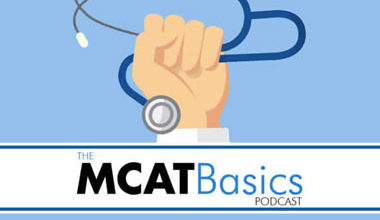The essentials of identity theories and psychosocial development reveal the foundational elements of human behavior and self-perception.
In this episode, Sam Smith discusses the core theories around identity, from Erikson’s stages of psychosocial development and Freud’s psychosexual stages to Piaget’s cognitive framework and Kohlberg’s stages of moral growth. Sam talks about how each theory is represented in MCAT questions, explaining key differences and how they impact our understanding of self-concept, self-esteem, and social roles. Whether it’s Cooley’s looking-glass self or Vygotsky’s zone of proximal development, this episode helps make sense of the MCAT’s approach to personality and identity development.
Visit medschoolcoach.com for more help with the MCAT.
Jump into the conversation:
(00:00) Intro
(01:04) Psychosocial development and identity
(01:42) The different theories of identity formation
(01:57) Basic ideas regarding identity and self-concept
(08:29) Erikson’s psychosocial development theory
(16:47) Testing strategies and MCAT questions
(17:57) Freud’s psychosexual development theory
(24:01) Piaget’s stages of cognitive development
(28:15) Kohlberg’s theory of moral development
(32:42) Cooley’s looking-glass self
(33:21) George Herbert Mead’s the I and the Me
(34:34) Vygotsky’s social development theory

